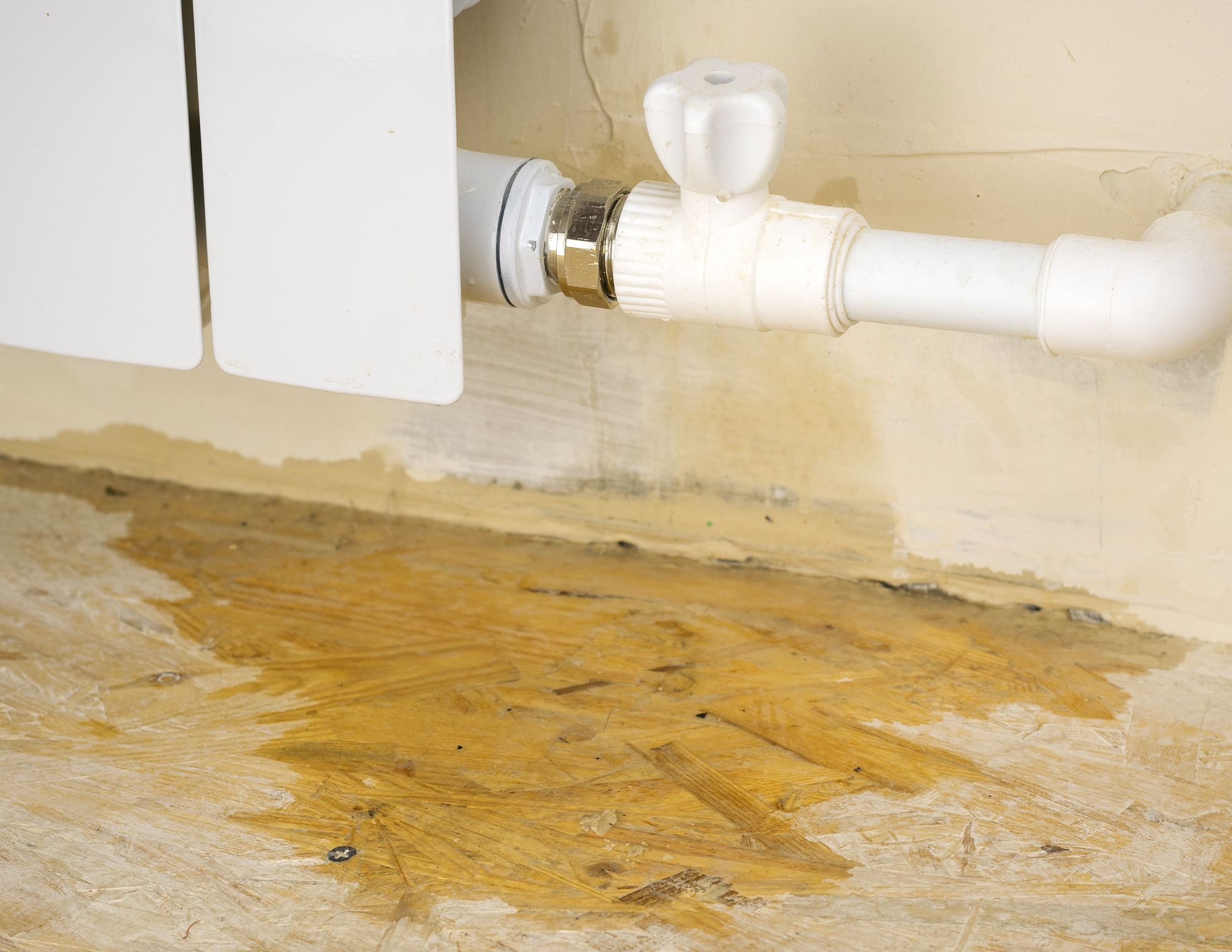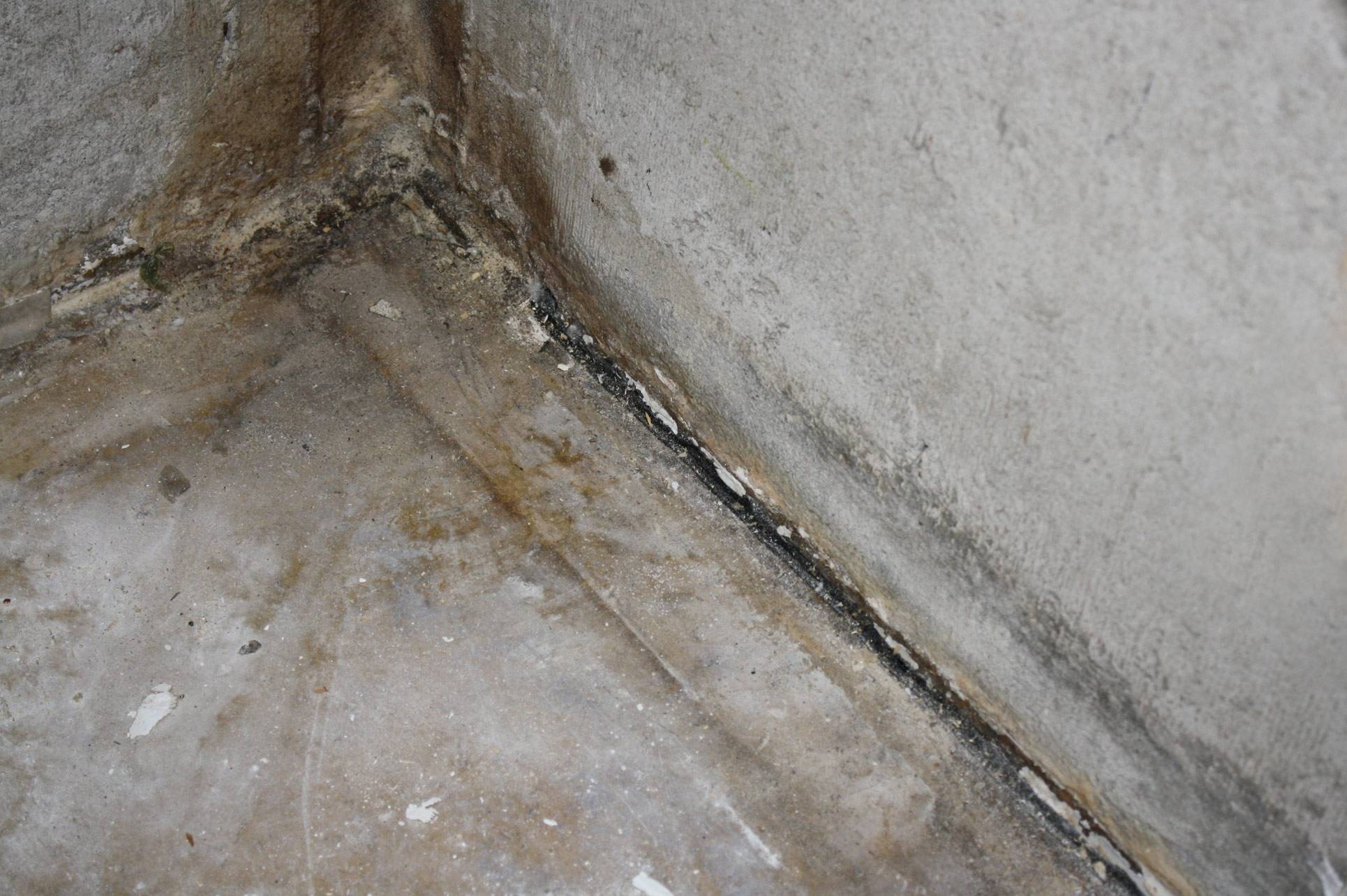Spot Major Triggers for Leak Issues Within Your House
Spot Major Triggers for Leak Issues Within Your House
Blog Article
Are you currently trying to locate guidance on How to Find Water Leaks?

Leaks not only trigger waste of water but can also cause unnecessary damage to your home and promote undesirable organic growth. Water leaks might go undetected given that many of the pipework in our residence is hidden. By looking and also recognizing for day-to-day situations that cause leakages, you can shield your house from future leakages and unneeded damage. Today, we will certainly consider 6 leakage causes that may be creating your pipelines to drip.
Intruding roots
The majority of water leaks begin outside the residence instead than inside it. You may see wet spots or sinkholes in your yard, and also that might imply that tree origins are attacking water lines triggering water to permeate out.
Corroded water systems
As time passes by, your plumbing system ages and also corrosion such as corrosion might start gnawing the pipelines. This might be the root cause of discoloration or warping on your pipes. This asks for an inspection with your plumber promptly. Consider replacing the pipelines given that they are at a higher risk of rust than the more recent versions if our plumbing system is old.
Faulty Pipeline Joints
The factor at which your pipelines connect is frequently the weakest link in the waterline. Pipe joints can degrade in time, causing water leakages. The bulk of pipe joints are not easily noticeable. If you have noisy pipelines that make ticking or banging sounds, specifically when the hot water is turned on, your pipe joints are probably under a lot of pressure. It is a good idea to have your plumber examine your system annually.
Instant temperature level adjustments.
Severe temperature level adjustments in our pipelines can trigger them to increase as well as acquire unexpectedly. This expansion and tightening might trigger splits in the pipelines, particularly if the temperature level are below freezing. If you kept an eye on just how your plumbing functions, it would be best. The visibility of the formerly stated conditions often suggests a high risk.
Poor Water Connectors
At times, a leak can be created by loose hoses as well as pipelines that provide your appliances. In situation of a water links leak, you might observe water running directly from the supply line or puddles around your devices.
Obstructed Drains
Obstructed drains pipes may be aggravating and also inconveniencing, however they can in some cases wind up creating an overflow bring about break pipelines. Maintain removing any type of products that might decrease your drains that can block them to prevent such troubles.
All the above are causes of leakages but not all water leakages arise from plumbing leaks; some leakages could originate from roof covering leakages. All leakages should be repaired immediately to avoid water damage.
Leaks not only create waste of water however can additionally cause unneeded damage to your residence and promote unwanted organic growth. By understanding and looking for daily scenarios that cause leakages, you can secure your home from future leakages and unnecessary damages. Today, we will look at six leak triggers that might be creating your pipes to leak.
At times, a leak can be created by loosened tubes as well as pipes that provide your home appliances. In instance of a water links leakage, you might notice water running straight from the supply line or pools around your home appliances.
Tell-Tale Signs of a Water Leak
The Sound of Running Water
If you’re hearing water running, your first step should be to check your faucets, toilet valves, and outdoor spigots. If everything if status quo, take an exact reading of your water meter and don’t use the water for a few hours. Then, take another meter reading. If there has been no change, that means water is not running (and maybe it’s time to have your hearing checked!). If the reading has changed, however, this indicates that water is indeed flowing and you most likely have a leak.
Wet or Damp Floors
You’re walking across your carpet and suddenly squish—your sock is soaked! The dog doesn’t look guilty and your child swears they didn’t spill anything. That means you’re likely looking at sewer leakage. Now, it’s easy to just soak it up with a towel and call it a day; however, this won’t stop the leak. Ignoring the problem allows moisture to build up, ultimately causing mold or mildew. Not only is this smelly, it can be very toxic and harmful to children, the elderly, pets, and those with weak immune systems. Don’t risk the health of your home and your family—call in a professional to take care of the problem.
Foul Odors
If there’s an unpleasant smell in your home and you can’t locate the source, don’t just light a candle or spray some Febreze. Funky smells are often due to mold and mildew, which spread fast under ideal conditions (optimal temperature and level of humidity). Growth begins within about 24-48 hours, and spores start to colonize in 3-12 days, becoming visible to the eye within about 18 days. If you think the odor is leak-related, get a plumber out as soon as possible to mitigate damage from rapid fungi growth (and rid your home of the foul odor).
Overgrowth in the Lawn
Unless you didn’t fertilize your lawn evenly, a lush patch of grass in a select area of your lawn, or concentrated wet spots, indicate pipe leakage which is acting as a fertilizer. Left untreated, hazardous bacteria in the underground waste will quickly turn into a messy situation, going from lush growth to lawn destruction.
Wall Cracks
Over time, even the littlest of leaks can cause cracks in the foundation of your home and compromise the entire structure. How does it happen? The leak continues hammering away at the same spot in the ground beneath your home, eventually causing it to shift slightly. Now, you’d never feel this shift, but your walls will. This can be a very dangerous situation, so if you’re seeing vertical or diagonal cracking in your walls it’s best to call a plumber right away.
https://www.expresssewer.com/blog/6-telltale-signs-of-a-water-leak-in-your-home

I have been very curious about How to detect water leaks in your home and I'm hoping you enjoyed reading the new article. So long as you appreciated our blog posting please do not forget to share it. Many thanks for going through it.
Visit Page Report this page